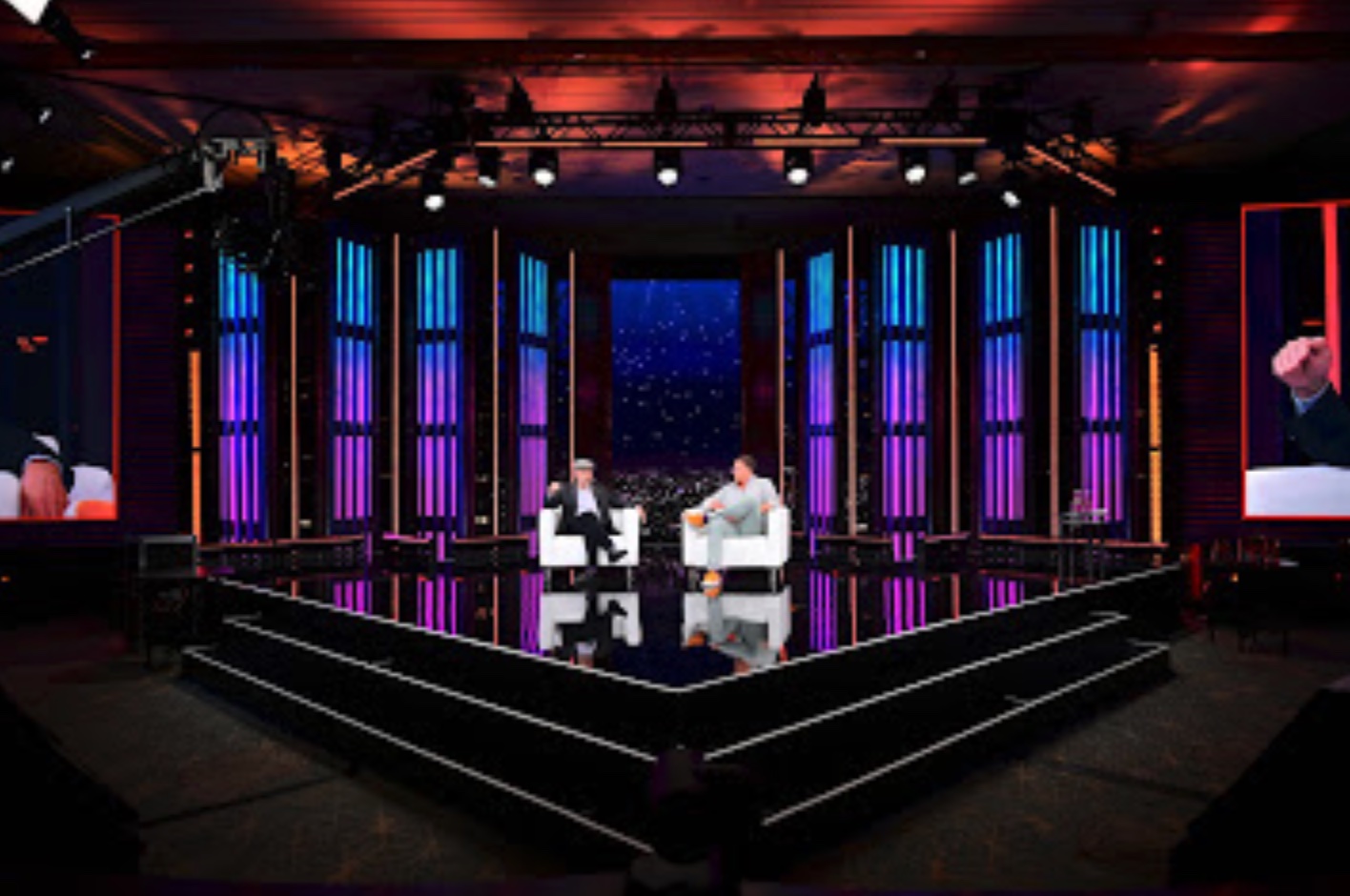You had me at Data.
I was born loving data and everything related to it. Data lasts longer than code. Data is the reason we have infrastructure, code, and networks. So yes, I’m all about the data.
One of the complexities in data management is that some people use this term to mean only storage volumes and files, while data engineers like me tend to think of it as all the facts and records we manage, down to the finest level of detail. Of course, we are both right, but we must understand how they come together to provide organizations with competitive advantages. CIOs and Chief Data Officers must work together to manage both definitions of these concepts.
I recently spoke with Murli Thirumale, VP and GM Cloud Native Business Unit at Pure Storage, about why and how data is the competitive differentiator for successful CIOs. Even though Pure is primarily a storage company, we had an engaging conversation about all the types of data. In addition, Thirumale’s ideas about how to think about data brought a new outlook, at least for me, on the topic.
Win With Data
Over the three decades of my data career, what has changed is how “the world’s data,” as Thirumale calls it, is leveraged. IT professionals used to treat the use of external data as a type of bandage to fix up wrong or broken data. We know now that data enhancement is the modern way to get the most out of your internal data. In fact, data enrichment is critical to winning with data. Upgrading data with other information can turn an organization’s investment in systems and technology into a wealth of new opportunities. Throw in some artificial intelligence and machine learning, and businesses can level up on their competition. As a result, leading companies enhance their data.
Data is Not Just Data
Leveraging data isn’t just about applications, charts, reports, and deep analytical questions. Thirumale is an advocate of Data as a Service. Traditionally we have approached data by designing a system for today’s needs, locking it into a format and a single source to ensure data quality is predictable. We then built applications to use that data, and any new requirements were addressed in those applications. We used to do the same with infrastructure. We designed and deployed architectures to meet today’s requirements and as much future compacity as we could afford. In modern approaches, we now have developed these things as a service so that we can pay for the amount we need now and then scale-out or up when we need it. We should build our data the same way.
Data as a Service (DaaS)
With Data as a Service, CIOs need to ensure that data is designed and deployed to allow new use cases and systems to take advantage of that data, whether that is self-serve business intelligence, data integration services, data lakes, or any of the hundreds of modern tools we can now use.
In our discussion, Thirumale talks about the 5 types of DaaS that modern CIOs need to embrace:
- Databases as a Service: Relational and non-relational databases and stores
- Data Search: If you can’t find your data, you can’t use it
- Data Analytics: Self-serve reporting and intelligence
- Artificial Intelligence and Machine Learning: Machines doing analytics
- Data Streaming: IoT and messaging
Successful Companies (and CIOs)
We also talked about successful companies that have leveraged new ways of thinking about and using data to gain a competitive advantage over traditional businesses and their competitors. For example, Thirumale says, “This is not about sophisticated data; it’s about sophisticated data consumption.” I loved that take on modern data.
Finally, we ended our discussion about how new approaches to IT such as containers and Kubernetes have freed data from being locked into “the moorings of storage” and given us the ability to use data securely where needed.
Successful CIOs and Chief Data Officers should be thinking about how to enhance their data, how to approach Thirumale’s 5 Types of Data Services, and how they can unlock their data with modern approaches to data formats and storage.
Panelist
Murli Thirumale
Moderator
Karen Lopez
Follow us on Twitter and SUBSCRIBE to our newsletter for more great coverage right in your inbox.




